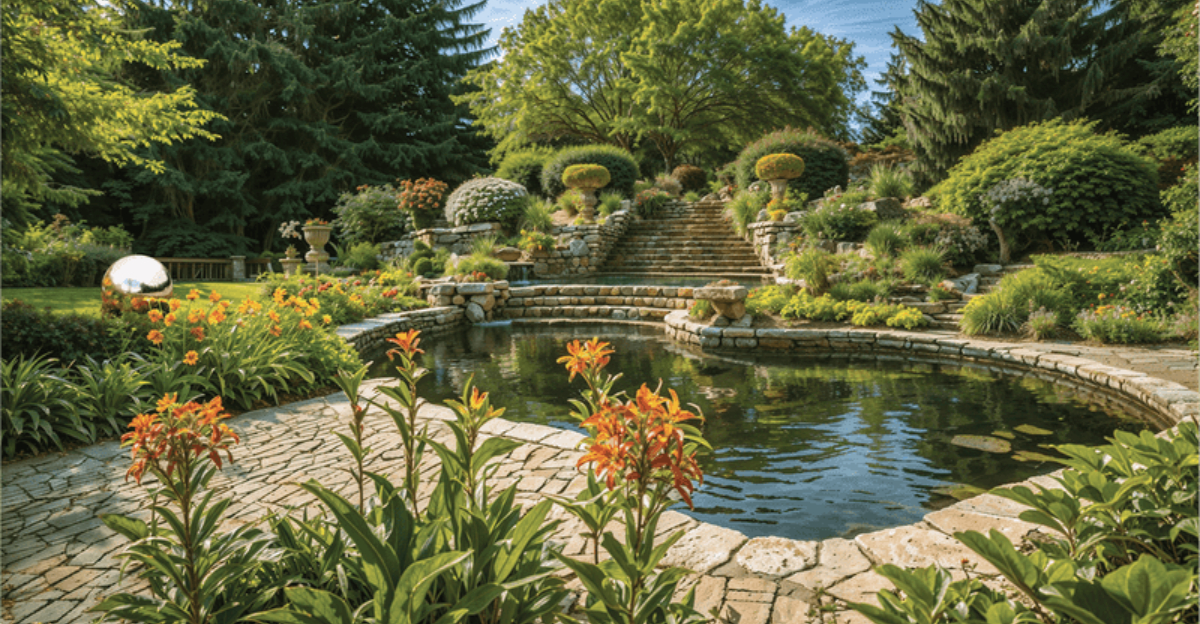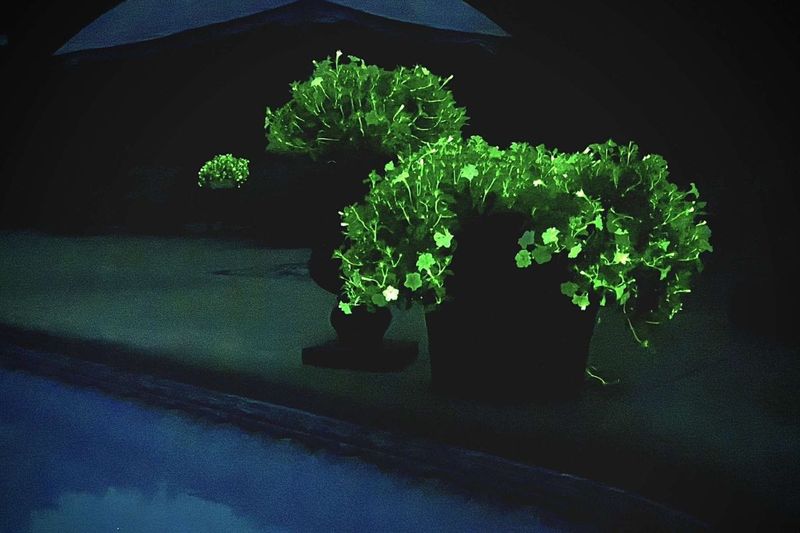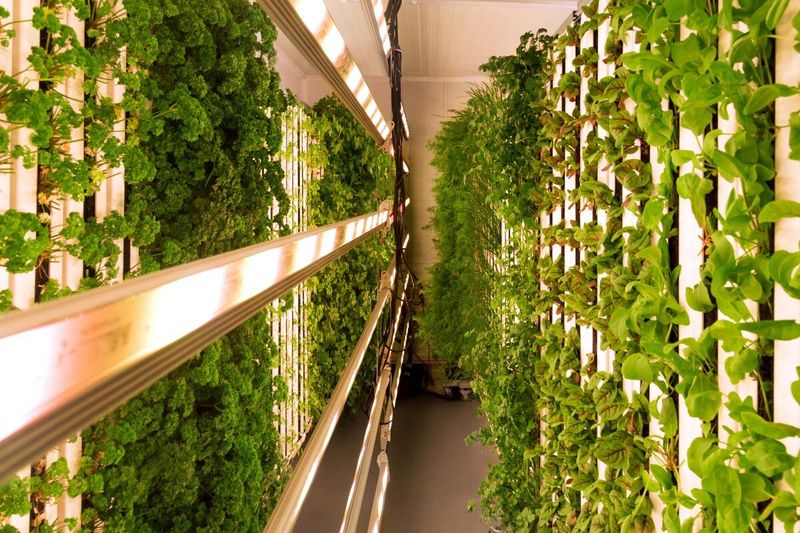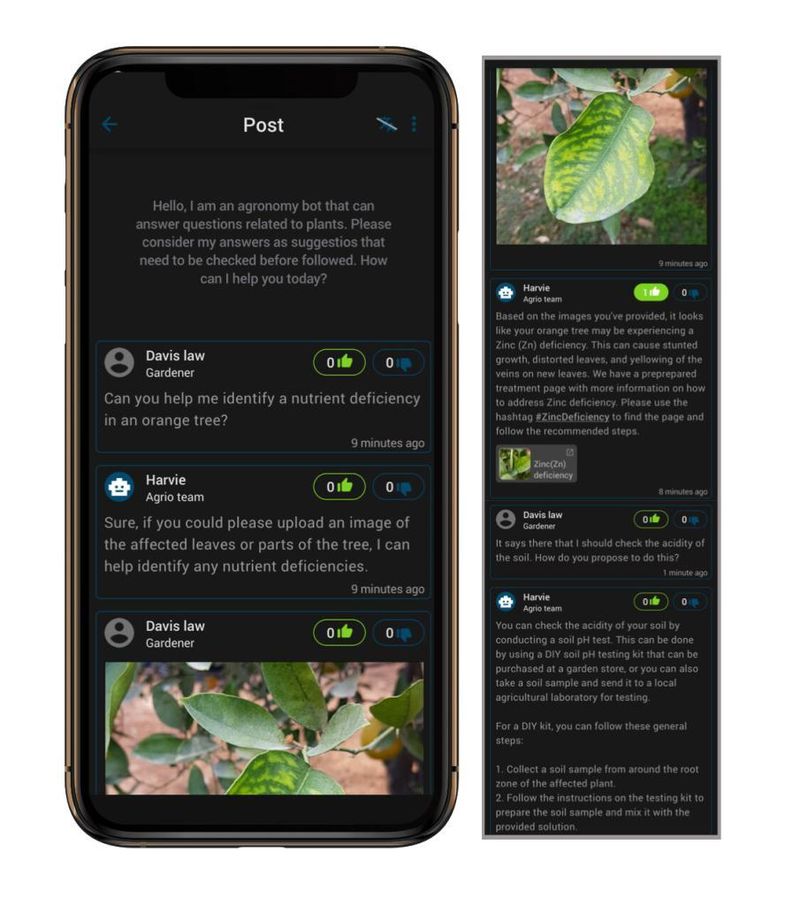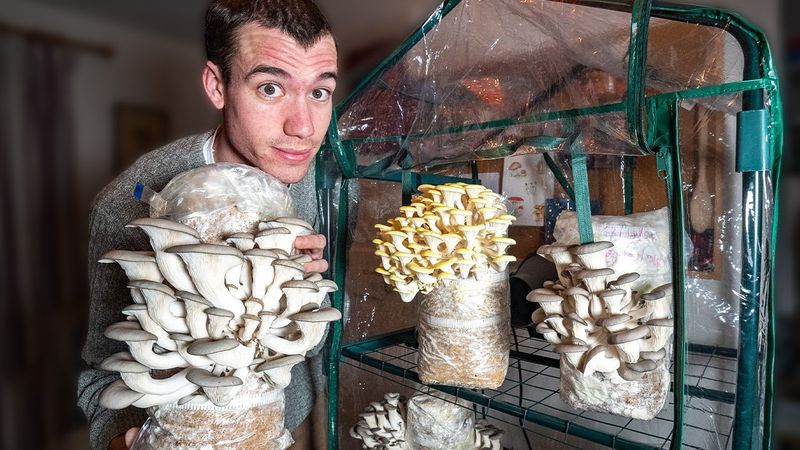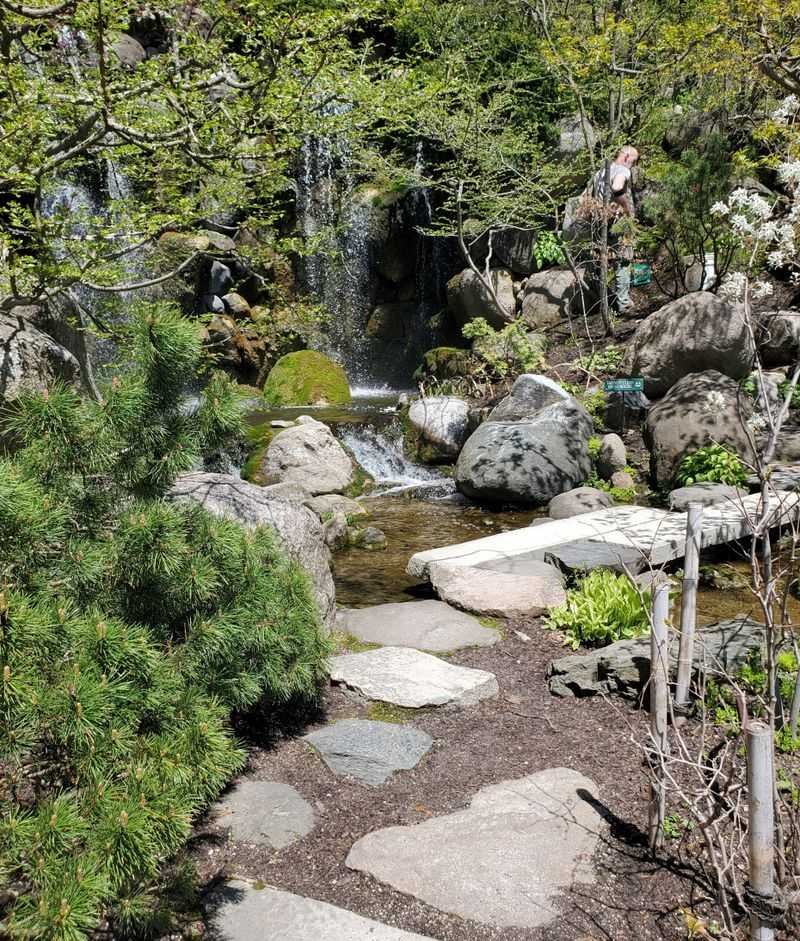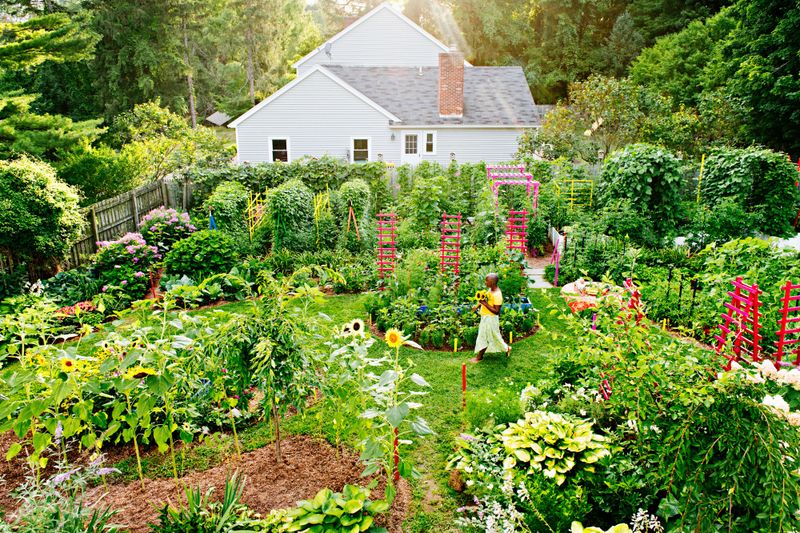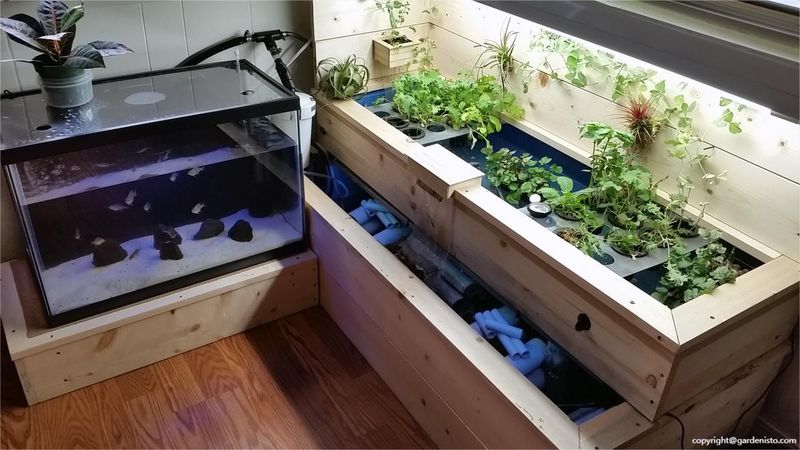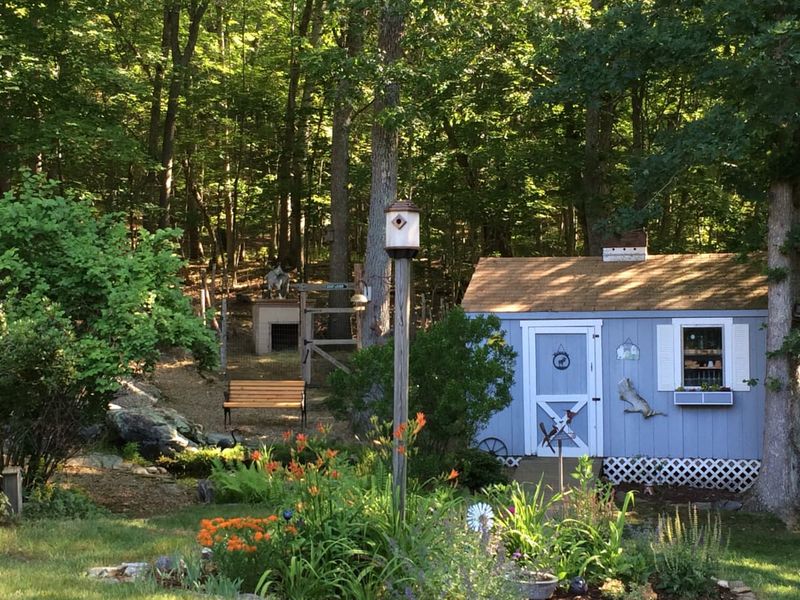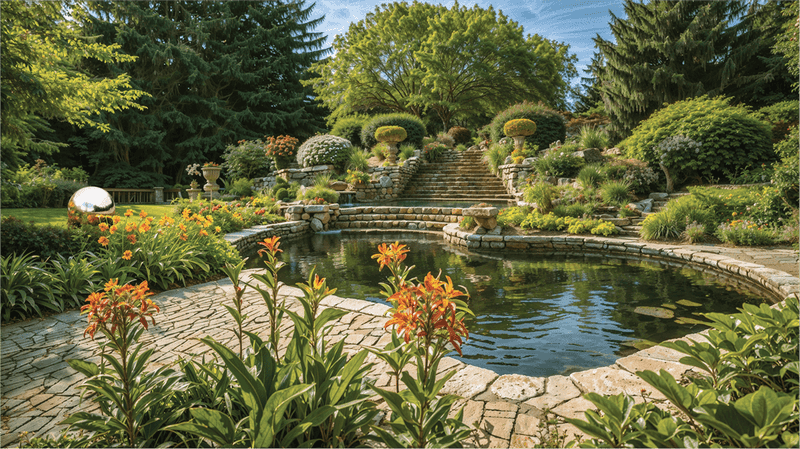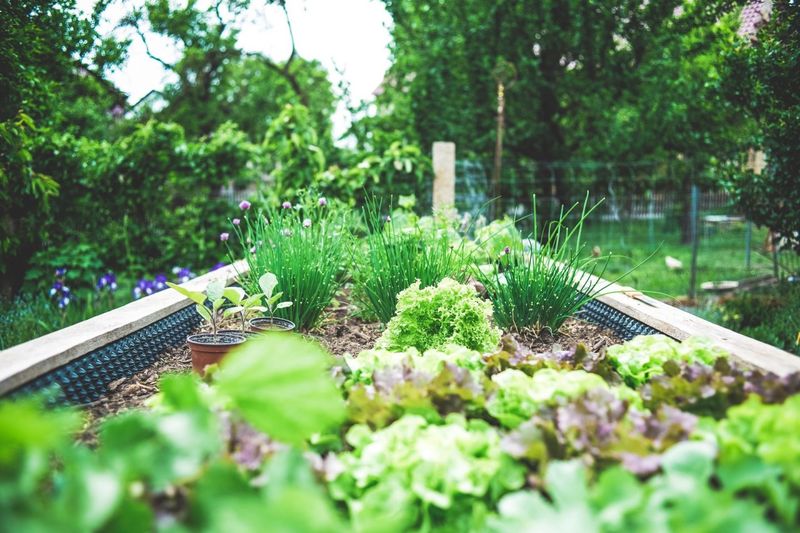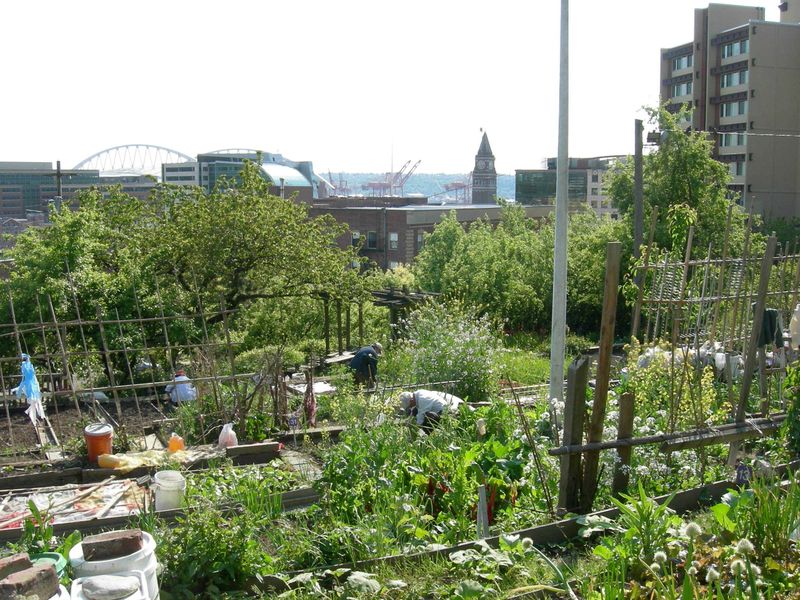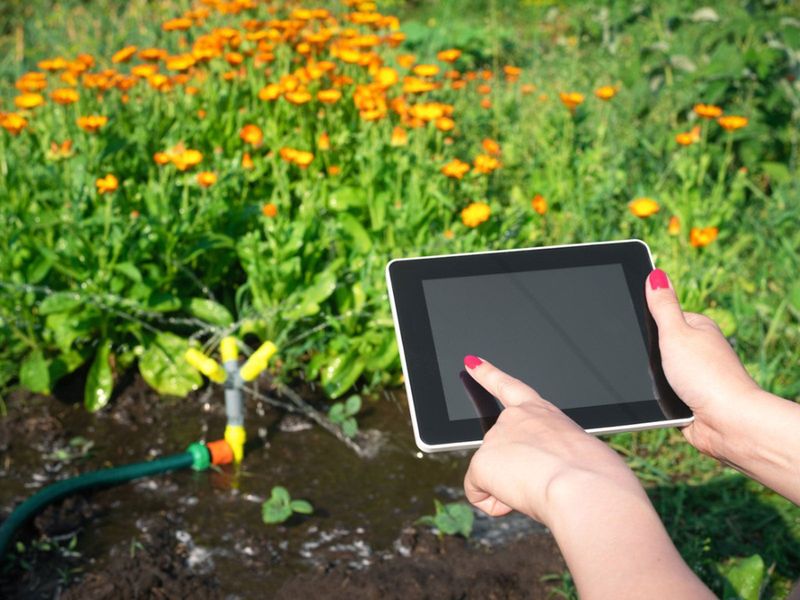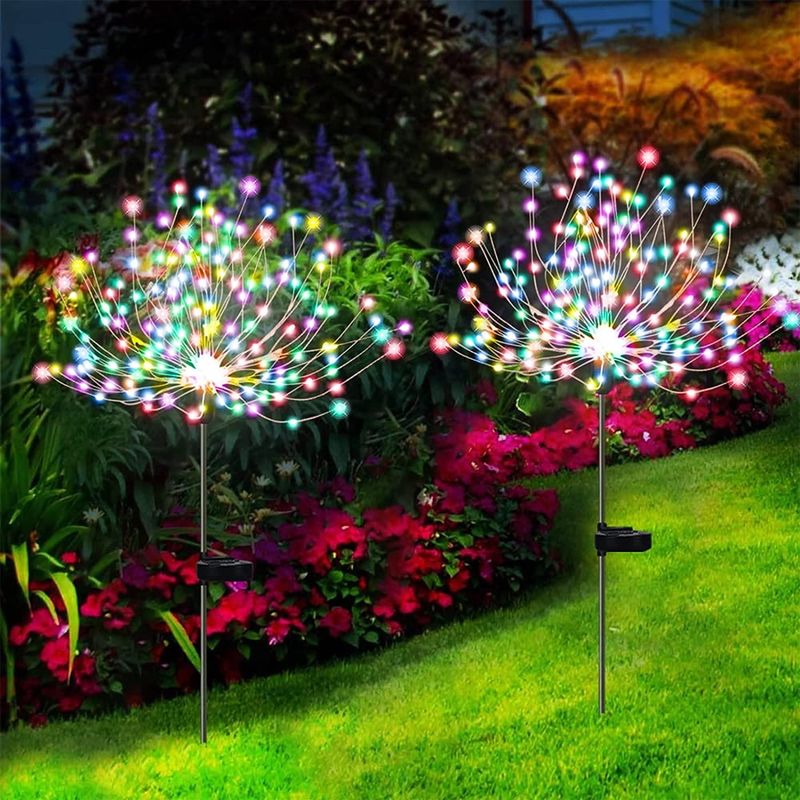Gardening in 2025 is taking a turn towards the imaginative and futuristic. From traditional techniques with a twist to the most unconventional methods, these trends promise to redefine how we interact with our green spaces.
Whether you’re a seasoned gardener or a curious beginner, there’s something exciting for everyone. Explore these top 15 random and captivating gardening trends that are set to inspire creativity and sustainability.
1. Glow-in-the-Dark Plants
Imagine walking through your garden at night, illuminated by the soft glow of luminescent plants. These genetically modified organisms promise to revolutionize nighttime gardening.
Perfect for creating an ethereal ambiance, these plants are as practical as they are beautiful. They reduce the need for artificial lighting, thus saving energy.
While still in the experimental stage, glow-in-the-dark plants could be the future of sustainable landscaping. Embrace this trend to add a magical touch to your garden, while contributing to ecological efficiency.
2. Vertical Farming in Apartments
As urban spaces shrink, vertical farming offers a practical solution for apartment dwellers. Imagine growing your own vegetables and herbs within the confines of your living room.
Vertical gardens maximize space, making them ideal for small homes while also enhancing air quality.
This trend not only supports sustainability but also encourages a healthier lifestyle by promoting access to fresh produce. It’s perfect for city-dwellers looking for a touch of nature in their homes.
3. AI-Powered Gardening Assistants
Meet your new gardening buddy, the AI-powered assistant. These devices can monitor soil health, suggest optimal watering times, and even alert you to pest issues.
Their learning capabilities mean they adapt to your garden’s unique needs, offering personalized advice.
AI assistants simplify gardening, making it accessible to everyone, from busy professionals to elderly enthusiasts. Embrace this technological trend for a smarter, more efficient gardening experience.
4. Edible Flower Gardens
Edible flowers are making a comeback, offering both beauty and utility. Imagine a garden filled with vibrant colors and delicate scents, with every bloom adding flavor to your dishes.
From salads to desserts, edible flowers enhance culinary creativity.
This trend bridges the gap between gardening and gastronomy, inviting food enthusiasts to experiment with fresh ingredients. It’s a feast for the senses, providing decorative and delicious additions to your meals.
5. DIY Mushroom Cultivation
Mushroom cultivation is no longer just for farms. Today, DIY mushroom kits allow you to grow your fungi right at home.
Whether you’re interested in cooking gourmet meals or exploring the health benefits of fungi, this trend is for you.
With minimal space requirements and easy maintenance, mushrooms make a great addition to any home garden. Embark on a fungal adventure and discover the joy of harvesting your own mushrooms.
6. Mindfulness Gardens
In our fast-paced world, mindfulness gardens offer a sanctuary for relaxation and reflection. These gardens focus on creating peaceful spaces that encourage meditation and mindfulness practices.
Incorporating elements like water features, scented plants, and comfortable seating, they provide a holistic experience.
Mindfulness gardens foster mental well-being, making them perfect for individuals seeking a peaceful retreat within their homes. Cultivate tranquility by dedicating a part of your garden to mindfulness.
7. Permaculture Principles
Permaculture is gaining traction as a sustainable gardening practice. It involves designing gardens that mimic natural ecosystems, promoting biodiversity and self-sufficiency.
This approach reduces waste and conserves resources, making it an environmentally friendly choice.
Embrace permaculture to create a garden that’s both productive and harmonious with nature. It’s perfect for those interested in sustainable living and ecological balance.
8. Aquaponics Systems
Combine aquaculture and hydroponics, and you get aquaponics—a self-sustaining garden system. This innovative trend allows for the simultaneous cultivation of fish and plants.
The fish waste feeds the plants, while the plants clean the water for the fish, creating a balanced ecosystem.
Aquaponics is ideal for eco-conscious gardeners looking to maximize productivity. With minimal space requirements and efficient resource use, it’s perfect for modern homes.
9. Wildlife-Friendly Gardens
Wildlife-friendly gardens offer a haven for local fauna, promoting biodiversity within urban areas. These spaces are designed to attract birds, bees, and other beneficial creatures.
Incorporating native plants and natural habitats, they support ecological balance.
This trend enhances garden aesthetics while playing a crucial role in conservation efforts. Creating a wildlife-friendly garden is a rewarding way to contribute to environmental health.
10. Futuristic Hydrogel Landscapes
Hydrogels are transforming garden landscapes, offering innovative solutions for water conservation. These materials can retain water and release it slowly, reducing the need for frequent irrigation.
Futuristic landscapes using hydrogels are both efficient and aesthetically pleasing.
Ideal for arid regions, this trend supports drought-resistant gardening practices. Embrace hydrogels to create a resilient and modern garden that withstands climate challenges.
11. Sensory Herb Gardens
Sensory gardens engage all the senses, offering a rich, immersive experience. Herb gardens, in particular, stimulate smell, touch, and taste.
From lavender’s calming scent to mint’s refreshing touch, these gardens are a delight.
Perfect for families and therapeutic environments, sensory herb gardens foster connection with nature. They encourage exploration, making gardening an interactive and enjoyable activity.
12. Bee-Friendly Urban Spaces
Urbanization poses challenges for bees, but bee-friendly spaces are rising as a solution. Rooftop gardens and balconies are being transformed into pollinator havens.
These spaces are planted with flowers that attract bees, supporting their crucial role in pollination.
This trend promotes ecological health and urban sustainability. By making small changes, city dwellers can contribute to the survival of these essential creatures.
13. Smart Irrigation Systems
Smart irrigation systems are revolutionizing water management in gardens. These systems use sensors and weather forecasts to optimize watering schedules.
Reducing water waste and ensuring plant health, they are both eco-friendly and cost-effective.
Ideal for busy individuals, smart irrigation allows for hassle-free garden maintenance. Implement this technology to streamline your gardening efforts while conserving resources.
14. Recycled Art Installations
Incorporating art into gardens is not new, but using recycled materials brings a sustainable twist. Imagine sculptures and installations crafted from discarded items, adding unique charm.
This trend fosters creativity and environmental consciousness.
Recycled art installations provide a focal point, enhancing garden aesthetics while promoting reuse. It’s a wonderful way to merge art and sustainability, inspiring others to think creatively about waste.
15. Solar-Powered Garden Decor
Solar power is lighting up gardens in an eco-friendly way. From string lights to water features, solar-powered decor adds ambiance without increasing energy bills.
These decorations are both functional and sustainable, reducing the carbon footprint.
Ideal for eco-conscious decorators, this trend beautifully merges technology with garden design. Illuminate your garden with solar-powered decor to create a sustainable, enchanting outdoor space.
